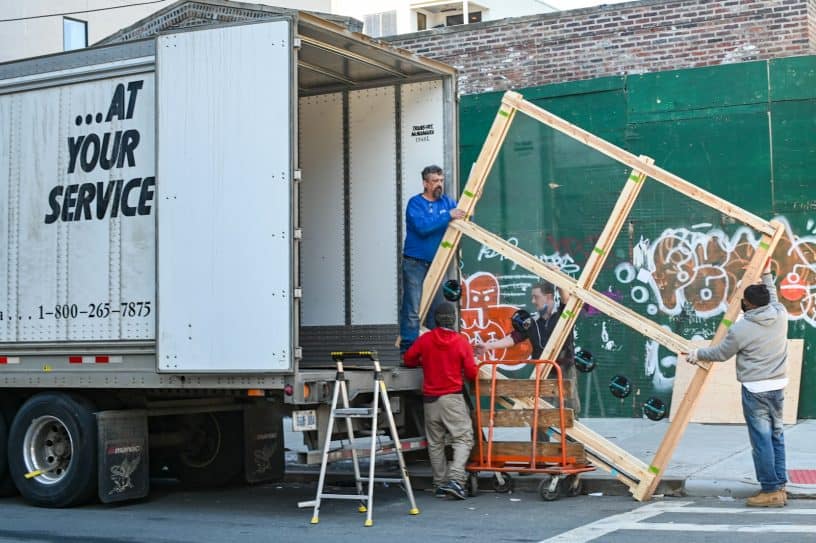Moving before or after securing a job presents distinct advantages and disadvantages. The decision hinges on various factors, including financial stability, career aspirations, and personal circumstances. Here is a detailed exploration of the pros and cons of both approaches:

Moving Before Securing a Job
Pros:
- Flexibility in Job Search:
- Wider Range of Opportunities: Being physically present in a new location allows for easier attendance at interviews, networking events, and job fairs, thereby broadening the scope of opportunities.
- Immediate Availability: Employers often favor candidates who are already local and available to start immediately, reducing the waiting period.
- Better Adaptation:
- Acclimatization: Moving beforehand provides time to settle into the new environment, understand the local culture, and get accustomed to the area, which can reduce stress during the job search.
- Housing Stability: Securing housing before starting a job can lead to more stable living conditions, eliminating the chaos of simultaneous job hunting and moving. It will also allow you to find a suitable company on Shiply USA to move your belongings efficiently.
- Focused Job Search:
- Full Attention: Without the distraction of a current job, one can fully dedicate time to searching for a new position, preparing for interviews, and customizing applications.
Cons:
- Financial Risk:
- Unemployment Costs: Moving without a job can be financially taxing, with expenses like rent, utilities, and daily living costs adding up without an income to offset them.
- Savings Depletion: Relying on savings while job hunting can be risky, especially if the job search takes longer than anticipated.
- Pressure and Stress:
- Increased Anxiety: The pressure of needing to secure employment quickly to cover living expenses can lead to significant stress and potentially hasty job decisions.
- Potential Compromise: Financial urgency might force one to accept jobs that are not ideal, simply to generate income.
Moving After Securing a Job
Pros:
- Financial Security:
- Stable Income: Having a job secured ensures a steady income stream, which can ease the financial burden of moving and settling into a new place.
- Employer Support: Some employers offer relocation packages, covering moving costs, temporary housing, and other relocation-related expenses.
- Reduced Stress:
- Confidence Boost: Knowing that a job is waiting can alleviate the anxiety associated with moving to a new place, making the transition smoother.
- Focus on Job: With the job secured, one can focus on excelling in their new role without the distraction of job hunting.
- Enhanced Negotiation Power:
- Stronger Position: Being employed offers better leverage when negotiating job offers, potentially leading to better compensation and benefits.
Cons:
- Limited Flexibility:
- Rushed Transition: Starting a new job immediately after moving can lead to a rushed and stressful transition, with little time to settle in or address personal matters.
- Housing Pressure: Finding housing under a tight deadline can be challenging and may lead to less desirable living arrangements.
- Potential Disconnection:
- Community Integration: Starting a job right away can limit opportunities to explore the new area and build a social network, potentially leading to feelings of isolation.
- Adjustment Period: Balancing job responsibilities while adapting to a new environment can be overwhelming, impacting overall well-being and job performance.
Conclusion
The decision to move before or after securing a job is multifaceted, with significant implications for one’s financial stability, stress levels, and overall well-being. Moving before securing employment offers flexibility and adaptation time but comes with financial risks and potential stress. Conversely, moving after securing a job ensures financial stability and reduced anxiety but may result in a rushed transition and limited personal time. Evaluating personal priorities, financial health, and career goals is crucial in making the best decision for one’s circumstances.








